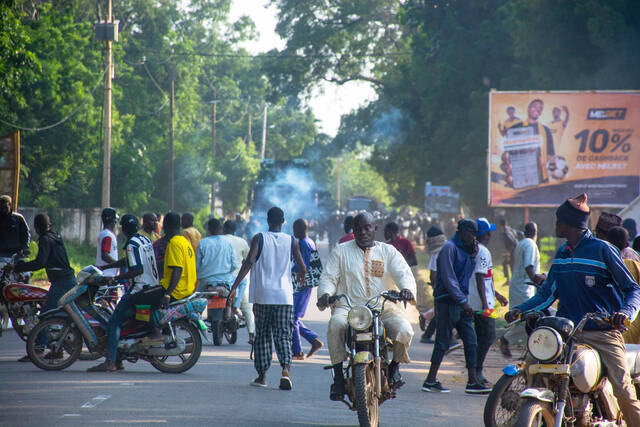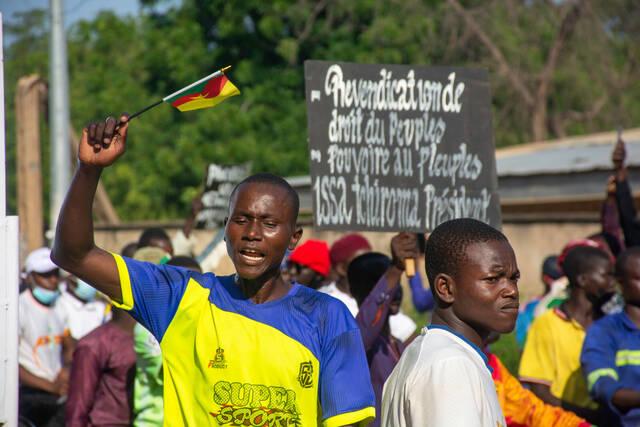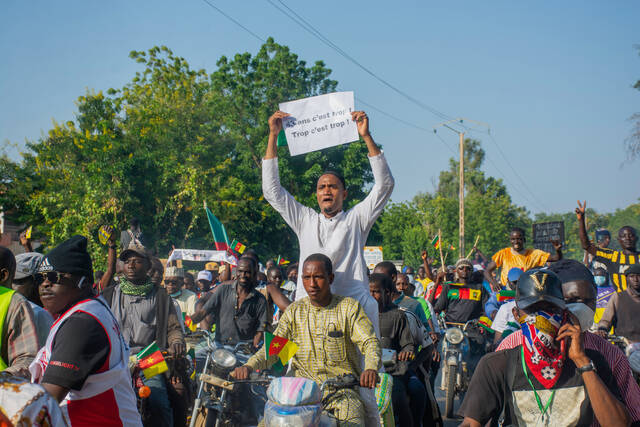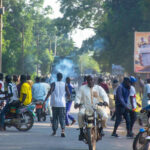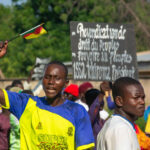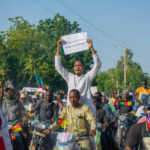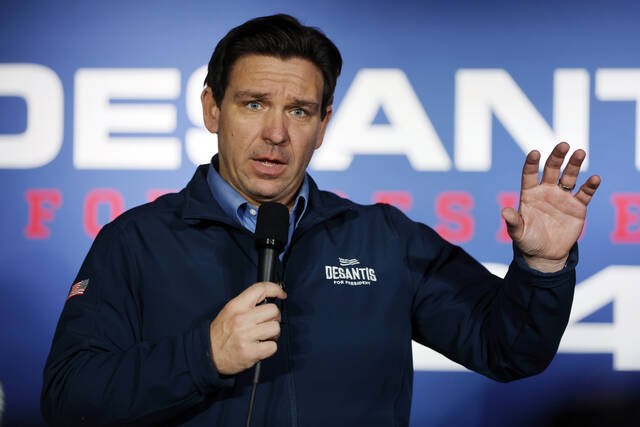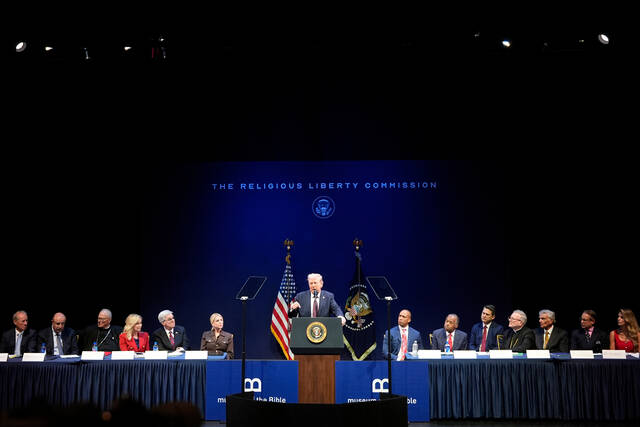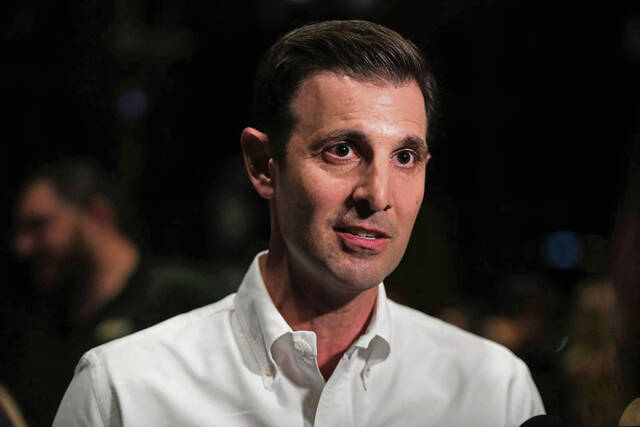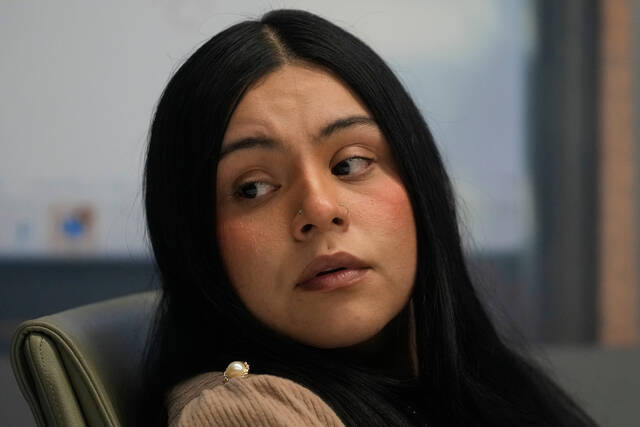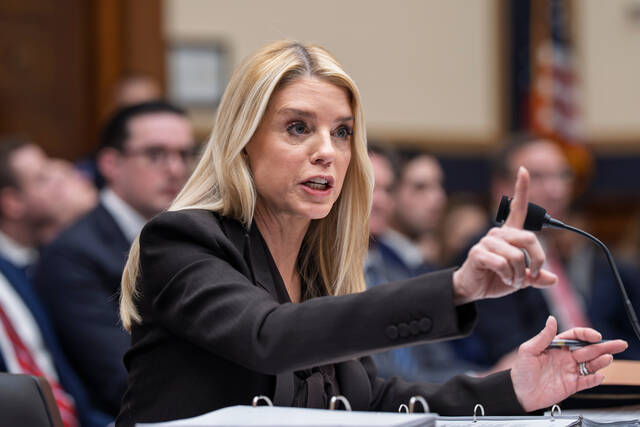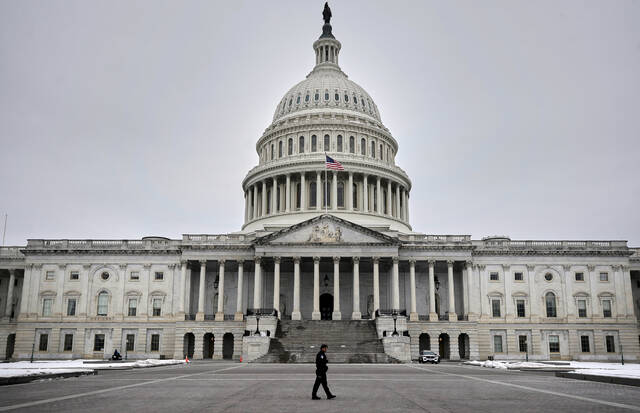YAOUNDE, Cameroon — Rights groups in Cameroon disputed Thursday the government’s death toll of 16 killed during protests over the election victory of President Paul Biya last month, claiming the actual figure is nearly double.
Philippe Nanga, coordinator of the rights group A World for the Future, told The Associated Press the official toll is an undercount and expressed concern about the difficulties in accessing the corpses.
“About 30 people were killed and some corpses were removed from hospital morgues by security forces and their whereabouts remain unknown,” Nanga said.
Cameroon’s Interior Minister Paul Atanga Nji had said Wednesday that security forces killed 13 protesters in the economic hub of Douala, and three others in the North Region. It was the government’s first official comment on the death toll since the unrest began.
Nji also said over 800 arrests were made.
Opposition figures estimate the death toll at 55, according to a Human Rights Watch report published Wednesday.
“The violent crackdown on protesters and ordinary citizens across Cameroon lays bare a deepening pattern of repression that casts a dark cloud over the election” Ilaria Allegrozzi, senior Africa researcher at Human Rights Watch, said in the report.
“The authorities should immediately rein in, investigate and prosecute responsible security forces, and all political leaders should call on their supporters to reject violence,” she wrote in the report.
The protests erupted in key opposition strongholds, including Douala and in northern cities like Maroua and Garoua, after the results of the Oct. 12 presidential election were announced.
Paul Biya, 92, who is the world’s oldest president, won the vote and secured his eighth term, according to official results, which were contested by the opposition, including presidential rival Issa Tchiroma Bakary, who claims to have won the election and has called on Cameroonians to reject the official result.
Biya has been in power since 1982, nearly half his lifetime, making him Cameroon’s second president since independence from France in 1960.
He is rarely seen in public and critics say his capacity to govern has been severely limited by his age.


